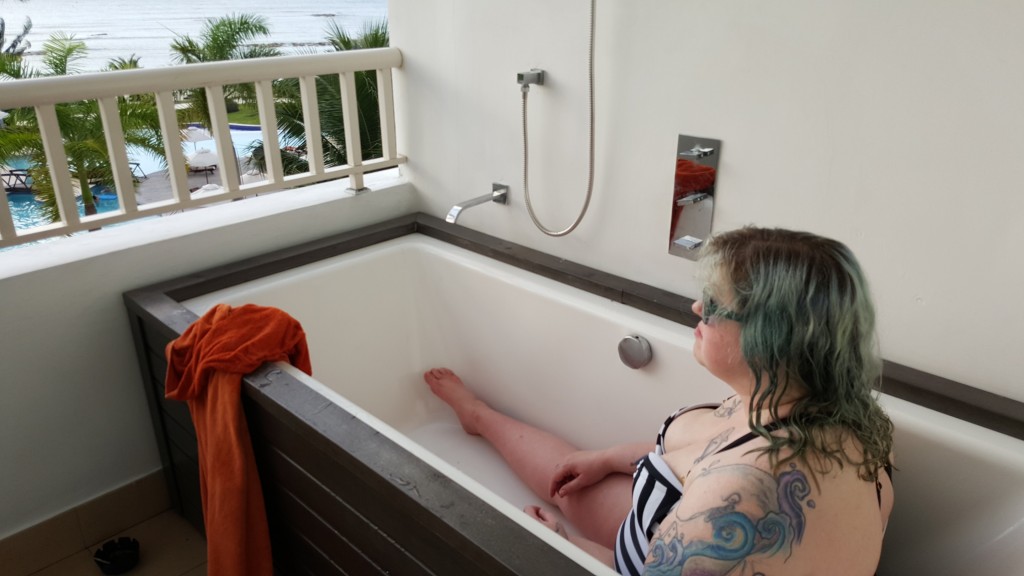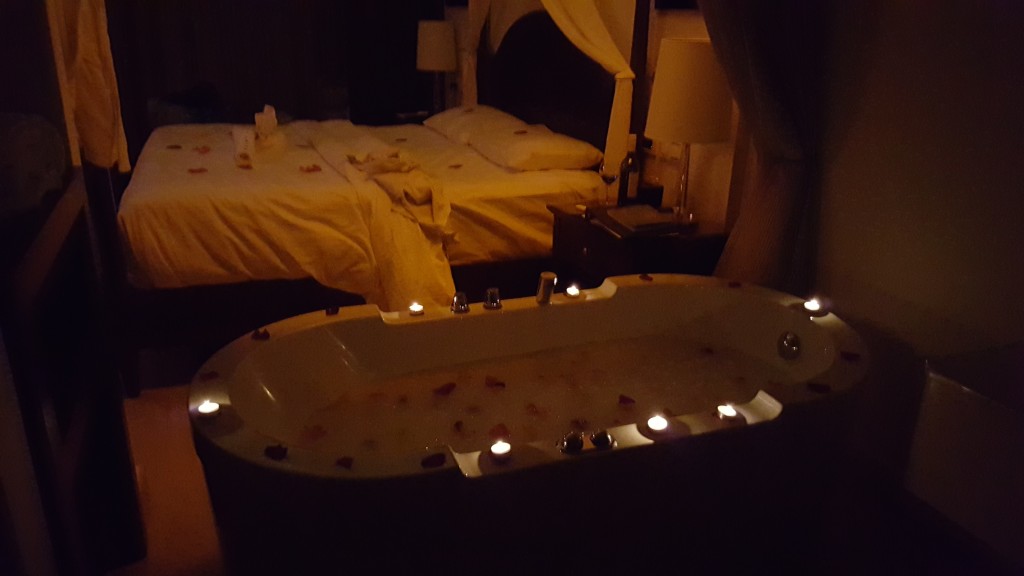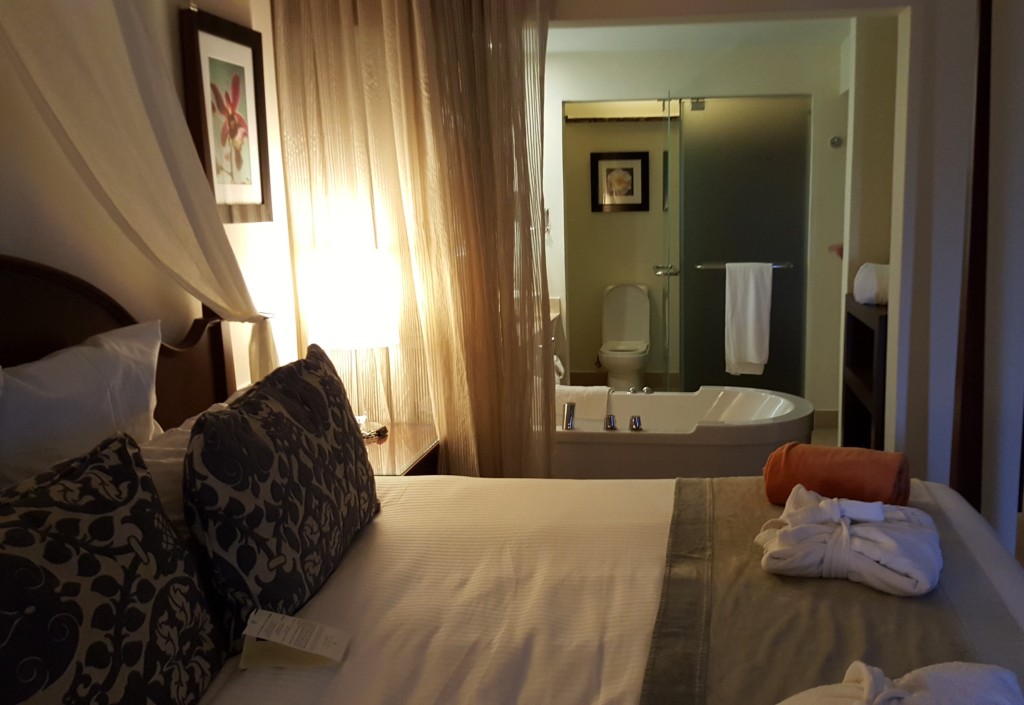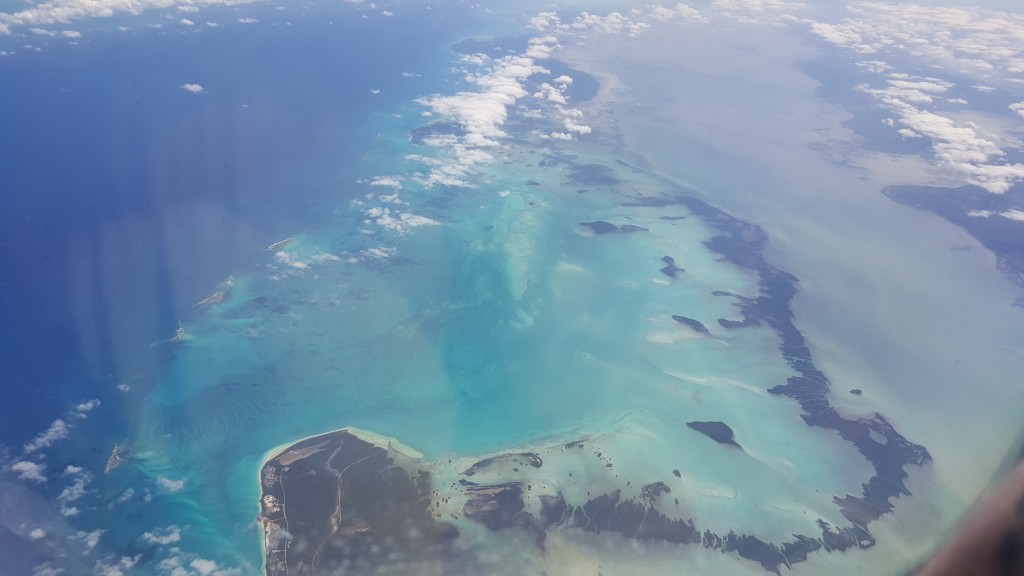Ros Barber will never self-publish. It is beneath her. It should be beneath any “serious novelist” (a title Barber seems to self-apply), and she has taken to The Guardian to tell us why.
Now, I understand that “indie publishing” is all the rage, but you might as well be telling Luke Skywalker to go to the dark side. Despite royalty rates of 70%, I think self-publishing is a terrible idea for serious novelists (by which I mean, novelists who take writing seriously, and love to write). Here’s why.
I should warn you that any time someone uses the term “serious novelist” without irony, whatever follows will be an orgy of public masturbation. Barber’s piece is practically NSFW in this respect.
If you self-publish your book, you are not going to be writing for a living. You are going to be marketing for a living. Self-published authors should expect to spend only 10% of their time writing and 90% of their time marketing.
Wait, I thought this article was about why Barber won’t self-publish. I won’t go downhill skiing, but it’s a comfort to know that my inexperience won’t hold me back when I want to write an article for a major media outlet about why downhill skiing is terrible and no cross-country skiers should do it. Somehow, Barber is the expert on how self-published authors divide up their time, despite her reluctance to do it in the first place.
But if your passion is creating worlds and characters, telling great stories, and/or revelling in language, you might want to aim for traditional publication.
I’m not sure it’s possible to be more insulting than Barber is here. Only traditionally published, serious authors can create worlds and characters, because clearly self-published authors draw words out of a hat and hurriedly type them up so as to return to their mindless, repetitive social media presence. Only traditionally published authors can tell great stories.
Barber goes on to describe the very marketing behavior many successful self-published authors already advise against, and assumes that all self-published authors are equally guilty:
Imagine we have just met. I invite you into my house and the first thing you do is show me the advertising blurb for your book and press me to check it out on Amazon. Then you read me the blurb for someone else whose book you’ve agreed to promote if they’ll do the same with yours. Then you tell me how many friends you’ve lost today, and that I can find out how many friends I’ve lost by using this app. Then you poke a reader review of your book under my nose. All within the first 10 minutes. Does this lead me to conclude you are a successful author, whose books I might like to buy? Or a desperate egomaniac with no thought for other people? One who may not be able to string a decent sentence together, since your sentences come out as semi-literate strings of hashtags:
#Bestseller: ARRANGED MARRIAGE https://t.co/GYO5Sxgwa2 #IAN1 #amreading #ASMSG #romance #IARTG #BYNR #PDf1 #readers
— Aditi Chopra (@atchopra) March 16, 2016
The tweet Barber uses to illustrate her point once again raises an often overlooked component of self-publishing, which is access for authors of color. Does Chopra’s tweet include a number of hashtag sins? Certainly. But one has to wonder whether Barber realized that by choosing Chopra’s tweet as an example of the “semi-literate” over-saturation of social media promotion, she was betraying the narrow scope of her own advantage with the publishers of “serious novelists”. A highly educated white woman (a “scholar”, as described by a dedicated section on Barber’s website) has a much better chance of skating by the gatekeepers Barber later lauds in her piece. Perhaps some unserious writers come off as “desperate” because they have to work ten times as hard to get their books noticed by readers, let alone publishers.
One also has to wonder when, exactly, Twitter became Barber’s private living space.
In another section, Barber compares self-published books to wobbly cabinets constructed by inexperienced carpenters using shoddy materials. The subtitle for this section?
Gatekeepers are saving you from your own ego
It doesn’t seem to have worked for Barber, but, as Kermit the Frog says in his popular meme, that’s none of my business.
My first novel was my fourth novel. It was accomplished on the back of three complete novels (plus two half novels) that didn’t quite make the grade (even though two of them were represented by well-respected agents). Yes, it can be frustrating, having your beloved book (months or years of hard work) rejected by traditional publishers. But if you are serious about writing, you will simply raise your game. You will put in another few thousand hours and complete your apprenticeship. And when you do, you will be very glad that the first novel you wrote was not the first novel you published, because it will now feel embarrassing and amateurish.
Amateurish is exactly the word I would use to describe an author who truly believes that talent and hard work will eventually result in a published book. Willfully ignorant is what I would call an author who sees traditional publishing as the inevitable end result of finely honed craft. If this were true, a certain world-wide record-smashing blockbuster series of novels based off an equally record-smashing blockbuster series of novels wouldn’t have slipped past those gatekeepers’ quality control. The Instagram filter Barber has chosen for her view of traditional publishing washes out the reality of commercial fiction and market trends.
You can only be a debutante once. First novels are all about making a splash. You’ll find it hard to make a good impression if the first thing anyone saw from you was that wonky cabinet with sticky drawers.
Again, I would refer Barber to some of the wonky cabinets built by first-time carpenters and haphazardly installed by the very quality control gatekeepers she lauds.
With genre fiction, self-publishing can turn you into a successful author (if you can build a platform, if you enjoy marketing and are good at it, if you are lucky). But an author who writes literary fiction is dependent on critical acclaim and literary prizes to build their reputation and following. If genre fiction is chart music, literary fiction is opera: the audience is small, and there are limited ways to reach it. Self-published books are not eligible for major prizes like the Baileys, the Costa and the Man Booker, and getting shortlisted for major prizes is the only way a literary novel will become a bestseller.
Here, I agree with Barber. Though some may take the comparisons of genre fiction to “chart music” and literary fiction to “opera”, I would agree with that assessment. That said, pop music is my favorite music, so I don’t see it as an insult. And it is rare for a self-published novel to win a major award. In 2013, Sergio de la Pava made headlines when he won the PEN/Robert W Bingham award for his novel A Naked Singularity. What made De La Pava’s success so notable was the fact that his novel was self-published, and only became an eligible, “serious” novel once a publisher picked it up after the book had generated positive reviews under De La Pava’s own steam. In other words, this book that was dismissed by Barber’s precious gatekeepers was better than other traditionally published novels, even when it didn’t have traditional publishing’s stamp of approval. Instead of pointing out that self-publishing excludes authors from prestigious festivals and prizes, why not question why that’s the case?
Barber continues to explain the higher quality of editors at traditional publishing houses, and the advantage of not having to pay for those services. She also shares an anecdote from a one-time self-published author who turned to traditional publishing and is much happier.
She has just sold Korean translation rights to her children’s books, which illustrates another benefit of traditional publishing. Publishers and agents have reach.
Publishers and agents do have reach. I’m lucky to have a very good agent who uses her reach to sell foreign rights to my self-published books. So far, my self-published series has been translated into Italian, French, and Portuguese, and these foreign editions have been very popular with readers. Though finding representation for foreign rights isn’t a guarantee for self-published authors, neither does traditional publishing guarantee that your book will reach international markets.
For those who prefer orchestrated backing to blowing their own trumpet, who’d privilege running a narrative scenario over running a small business, who’d rather write adventures than adverts, self-publishing is not the answer.
A single look at Barber’s modest website will give you a clue as to what her “orchestral backing” sounds like. Take an hour or two to peruse and digest the bounty of self-aggrandizement there. Barber is an author, a scholar, a “conscientious creator” who “has been helping writers and other creative women to achieve their dreams since 2009”. Barber’s own self-promotion is a Wagnerian opera as composed by Gwyneth Paltrow. And if you manage to make it through the blaring sonic obstacle course of Barber’s instrumental soundtrack far enough, you can even find links… to her self-published books.
I’m not sure anything else needs to be said, except “don’t do this, ever.”




